Billionaire Chris Hohn, Australasian Centre for Corporate Responsibility pressure big polluters
Australia’s enormous resource companies are on notice as a new breed of emboldened financial agitators take an aggressive – and often effective – stance on climate accountability.
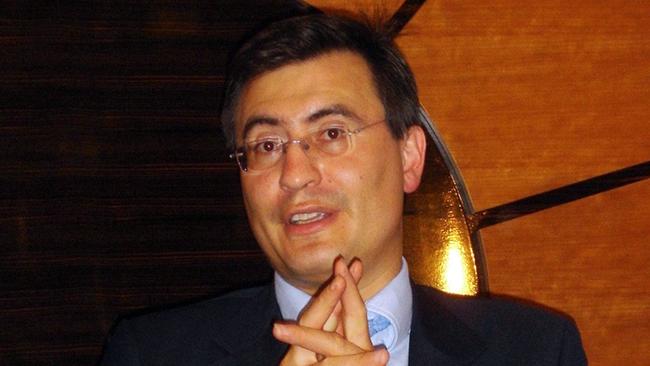
When British hedge fund billionaire Chris Hohn was looking to wield his influential Say On Climate vote, bringing on a small Sydney-based ethical shareholders group may have looked an unlikely pick.
The high-profile businessman, and newfound climate activist, already had the ear of powerful global investors in his bid to force companies to properly divulge their carbon exposure.
But a new breed of Australian agitators could see the opportunity to meld their forceful brand of activism with a climate campaign that had the attention of asset managers spanning the globe.
THE NEW GREEN ECONOMY
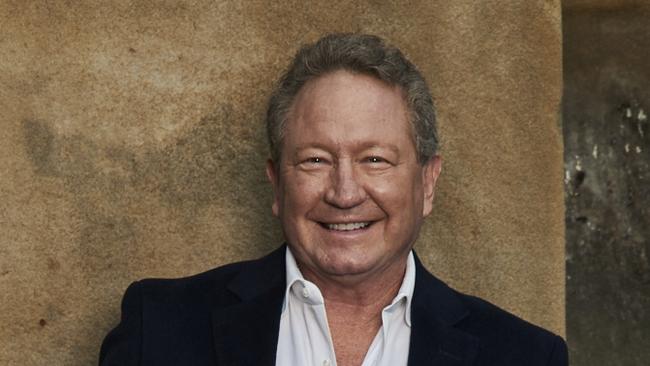
Twiggy’s green ambition put to the test
Andrew Forrest is convinced his ambitious green hydrogen plans are a key plank in the battle against global warming. But can the iron ore billionaire pull off the ultimate pivot?
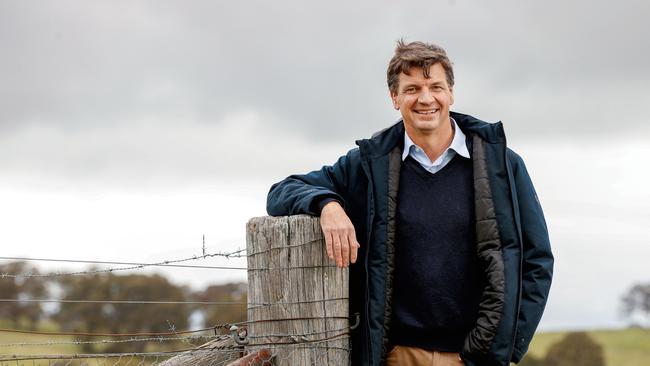
‘Cats can be herded if there’s a clear goal’: Angus Taylor
The government’s position on climate change is built on respect, says Industry, Energy and Emissions Reduction Minister Angus Taylor.

‘It’s our responsibility to be the adults’: Wikramanayake gets real
In a rare interview the Macquarie Group chief reveals its highly calculated approach to renewables investment and the discussion with her teenagers that crystallised the need to take action.
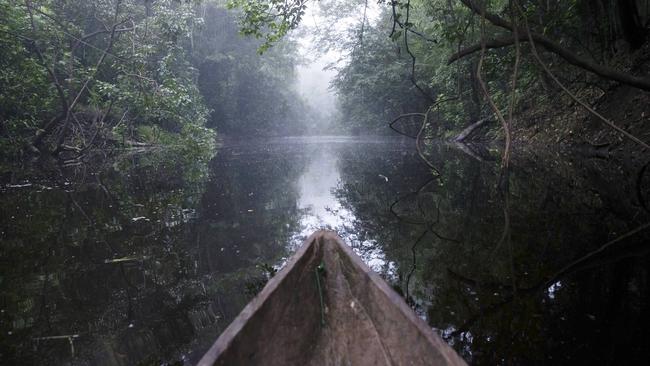
Is nature really at the centre of the ‘green dream’?
Looking after the land makes sense but in the end, someone has to pay. Good intentions will only go so far.
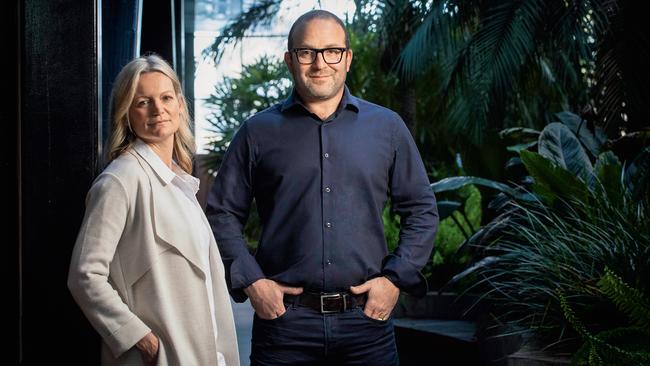
Rich-listers embrace climate shift
It’s no longer a question of choosing profit over planet. A new generation prioritises impact investing to retrain focus of their family wealth on a climate positive yet lucrative future.

Why climate change is a business opportunity
The transition to carbon neutrality will require trillions. For the financial sector this means not just the opportunity to fund the future, but to profit from it.
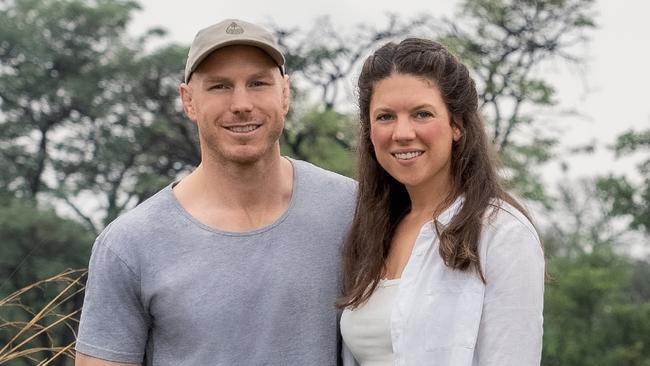
Rugby great takes climate fight to Canberra
David Pocock and wife Emma are playing to win with their commitment to turn talk into action on environmental issues.
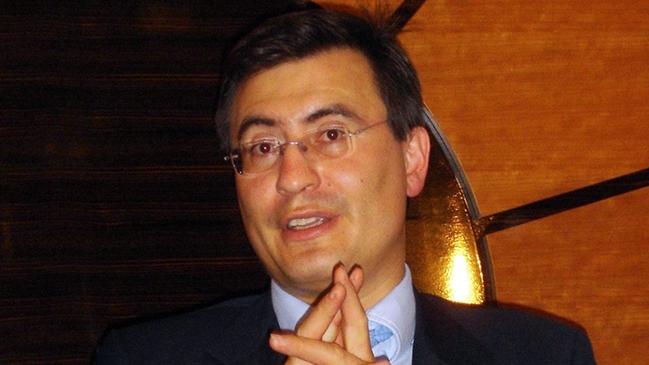
Billionaire piles pressure on big Aussie polluters
Australia’s enormous resource companies are on notice as a new breed of emboldened financial agitators take an aggressive – and often effective – stance on climate accountability.

Could your car power your house one day?
A reality where the energy stored in your car is plugged in to electrify your home edges ever closer.

Cameron Adams on being a DJ loving climate warrior
Decisive action on climate matters as much as taking democratised design to the world for the co-founder of tech heavy-hitter, Canva.
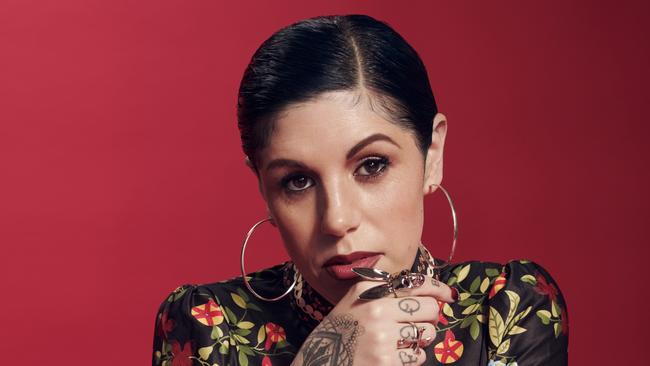
The Australian names to know in sustainable food and wine
From the man behind Sydney’s fish eatery Saint Peter to a self proclaimed meat-eating vegan, these Australians know a thing or two about sustainable food and wine.
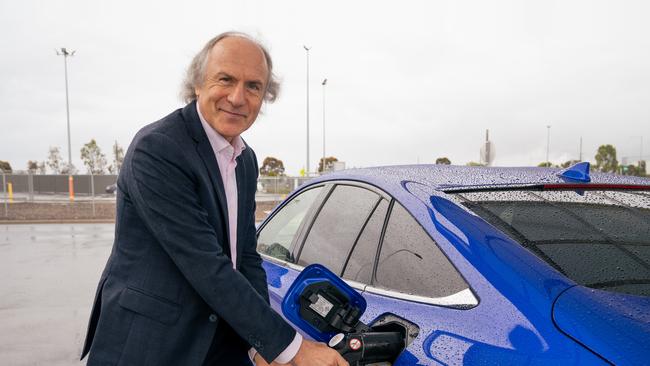
Alan Finkel: ‘Technology is enabled by government’
Now is the moment as government, industry, technology and communities embrace both the urgency and practical reality of emissions reduction.
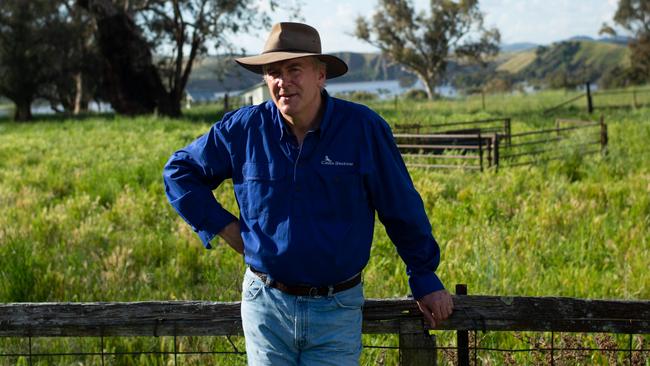
Climate solution may lie beneath our feet
One answer to the global emissions question is right beneath our feet, says newspaper publisher turned commercial cattle farmer Alasdair MacLeod.

Is this the cure for electric vehicle range anxiety?
Does the idea of electric vehicles give you range anxiety? Car companies have a cure for that, and it’s called a “PHEV”.
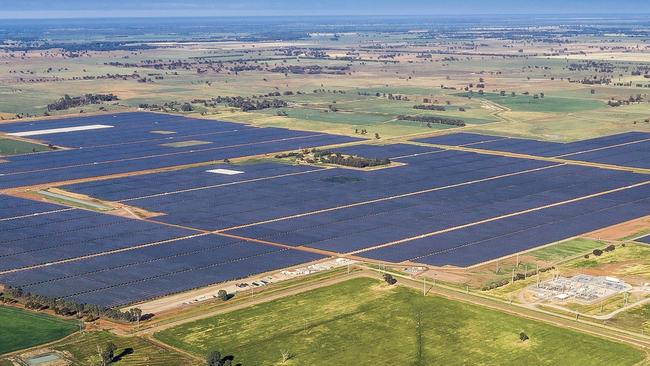
Solar plan set to shine
Australia’s appetite for solar continues to surge, driving everything from households and electric vehicles to mining projects seeking a cleaner future.

Six boundary-pushing tech innovations
From a solar-powered outdoor oven to robotic lawnmowers, the latest in green technology sets you up for a future-facing daily life.

Can an office be sexy … and sustainable?
A leading design studio experiments with sustainability by stealth at their innovative – and sexy – Sydney HQ.

The Australian denim brand leading the charge
Start unpicking the fashion industry and the cost to climate is clear. But Queensland’s Outland Denim is determined to break the pattern.

Sky’s the limit: Inside Australia’s greenest buildings
Concern for the environment and employees alike is at the heart of these top four sustainable, and awarded, new commercial spaces. SEE THE PICTURES
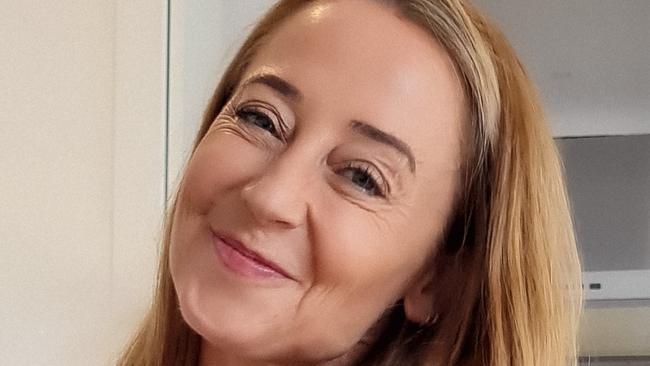
Living sustainably is harder than it looks
Two very different lives, one urgent shared challenge: to take concrete steps towards more sustainable daily choices.

Skincare brands put planet before profit
A swath of pioneering skincare brands are setting new low-impact benchmarks in the process.

Solid-state batteries ‘will secure EVs’ future’
For electric vehicles to truly capture the public’s imagination – and wallets – charging certainty and speed is necessary. Enter the solid-state battery.

The fashion innovators to know in 2022
French house Hermès turns luxury leftovers into pieces of creative expression, plus the latest in ethical design and the rise of resale.
The Australasian Centre for Corporate Responsibility (ACCR) approached Hohn, founder of the $42 billion The Children’s Investment Fund Management, with a proposal to take Australia’s big fossil polluters to task over transparency on climate reporting.
“Chris is maybe the most salient shareholder in the world and we try to transform companies through the power of ownership. We certainly thought that there were things that we could learn from Chris and to partner or align with such a powerful shareholder was an important strategic move for us,” says the ACCR’s executive director Brynn O’Brien.
Hohn listened to their pitch and agreed to the tie-up. Essentially, ACCR was handed the keys to dramatically boost pressure on Australia’s biggest listed emitters spread across the energy and mining sectors.
The Say on Climate pledge seeks an annual disclosure of emissions, a strategy to reduce emissions and an annual vote on the plan at the company’s AGM. And that pressure is delivering results. Big Australian resources operators including Santos, Woodside Petroleum and Rio Tinto have agreed to an advisory vote on climate reporting, with a string of others including Origin Energy taking on votes in 2022.
“There’s now a mechanism and a global opportunity for institutional capital to compel change at some of these laggard Australian companies,” O’Brien says.
“And it’s easy to see why the companies are laggards, globally speaking, because they operate in such a permissive environment here where governments facilitate their expansion.”
O’Brien hopes the move will push Australian companies, some of the biggest resources companies in the world, to adopt much more ambitious climate-change targets given the nation is the second largest polluter per capita (according to OECD figures) and a major coal and LNG exporter to the world.
-
“We can’t do all of the juggling; Climate-aware institutional capital has to do its job. And we can’t do that job for them. It’s in their hands as shareholders to do their bit.”
— Brynne O’Brien, ACCR executive director
-
While the ACCR has an influential board and advisers including Armina Rosenberg, investment brains to billionaire Mike Cannon-Brookes, along with high-profile indigenous leader Marcia Langton, O’Brien says success will ultimately hinge on financiers stepping up.
“We can’t do all of the juggling; climate-aware institutional capital has to do its job. And we can’t do that job for them. Ultimately, it’s in their hands as shareholders to do their bit.”
The Say on Climate pledge underscores a growing sophistication among green campaigners to focus as much on investors and shareholders as protests and placards. While company board members and executives will still feel the heat from activists at annual general meetings, exploring legal challenges and questioning “greenwashing” in an age of abundant net-zero proclamations are also gaining ground.
Not everything is on a grand scale: sometimes causing chaos can play its part. One of the latest tactics is so-called “calendar jamming”, where CEOs or senior company officers are bombarded with calendar invites so they can “meditate” on their climate obligations, consider their “culpability”, or “think of the future”.
Non-executive directors are also facing greater scrutiny given their critical roles in allocating capital and shareholder money.
The $70 trillion Climate Action 100+ group says shareholders are concerned the boards of energy producers may be ill-equipped to drastically cut emissions and move into areas beyond hydrocarbons.
The ACCR’s climate and environment head, Dan Gocher, cites the example of a tiny activist hedge fund that won two ExxonMobil board seats with shareholders backing its call for management to accelerate efforts cutting greenhouse-gas emissions.
“If you look at what happened with Exxon earlier [last] year and I think you’ve already seen Blackrock vote against directors at both Woodside and Whitehaven Coal and I think there’s probably a need for a push to change some of these boards to get people on there who are more equipped to deal with the transition.”

Emma Herd has been pushing climate action for the best part of two decades, but said the weight of big money has picked up pace in the past few years.
Herd spent more than a decade at Westpac as a director of emissions and environment but is perhaps best known for her six-year stint as CEO of the Investor Group on Climate Change, which used the weight of institutional money to push for deeper emissions cuts.
While the lack of political ambition on climate still rankles, Herd says it also compelled big finance to act.
“Over the course of the 2000s, for a number of reasons, it became clear that the government needed the private sector to be much more proactive on driving climate change and the private sector needed the government to be also engaged in climate change action,” Herd says.
“It’s not one or the other, you actually need to have everyone at the table. Unfortunately, in Australia, that coincided with 10 years of climate wars from a political perspective, and so the private sector didn’t have a choice. It had to get on with it. And it had to act.”
Herd credits a number of fund managers and superannuation firms for getting behind greater action on climate.
“What the finance sector decided – and we saw this in conversations with investors and with banks and with insurers – was, ‘We’ve got these risks in our books and we need to find a way to mitigate them. And rather than waiting for regulation, we are going to actively engage with industry to drive the kind of response we think we need to reduce our financial risk exposure’. So the end point was the same, just how we got there was different.”
Still, if that pressure took time to percolate into any form of action, the rush to embrace net-zero has been met with some scepticism among many seasoned climate campaigners.
Herd recently jumped back into the corporate mix as a climate change partner with professional services giant EY, but says she remains wary of big business jumping on the net-zero bandwagon.
Screening greenwashing – or “greenwishing”, as Herd puts it – will require the right set of tools and transparency to ensure the greater focus on climate actually delivers less emissions.
“Just as bad as greenwashing is greenwishing, where companies have made commitments but have not
had the same level of rigour around delivery and implementation on those pledges that they have had around, say, financial-performance commitment, and are being caught out as well. Whether it’s through the regulators or through litigation or through community scrutiny and stakeholder screening. There’s a real level of awareness around the need to ensure that market-pricing claims and commitments are robust, verifiable and implementable.”
With estimates a staggering $177 trillion of investment is required to decarbonise the global economy by 2050, balancing profits and transparency – all while delivering a cleaner planet – remains a formidable challenge.
See our full list of 100 green power players here


To join the conversation, please log in. Don't have an account? Register
Join the conversation, you are commenting as Logout